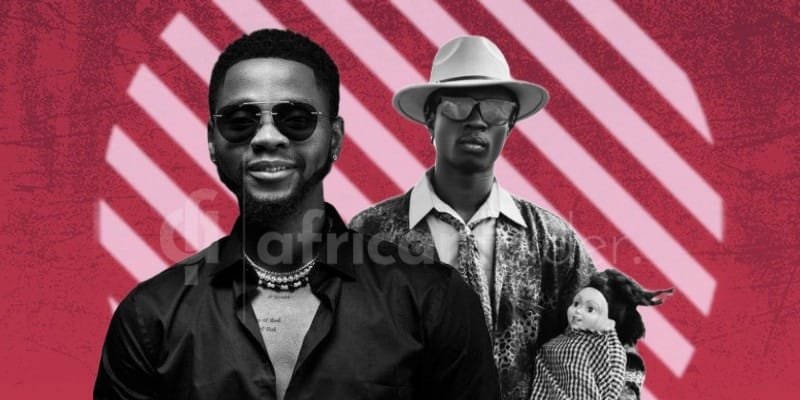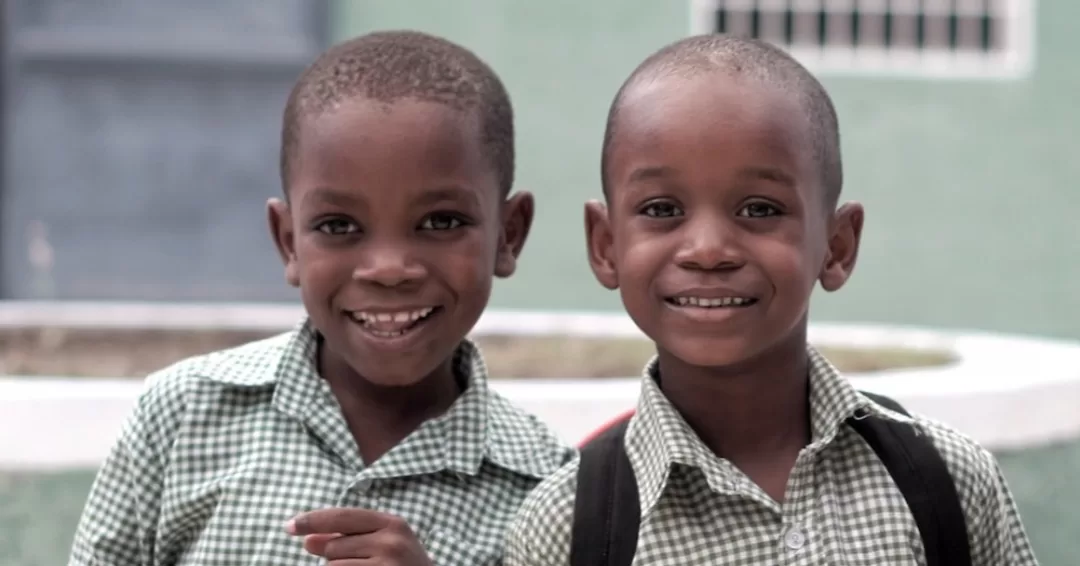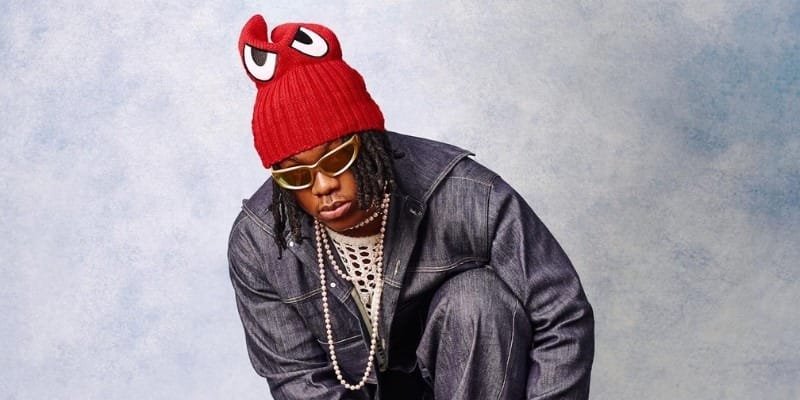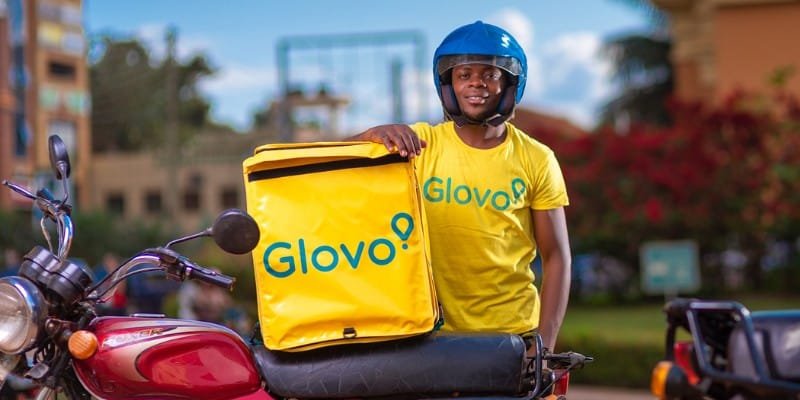Amapiano seems to have run its course in Nigerian music, and Afrobeat’s quest for a new sonic adventure is well and truly on. While this writer believes the Amapiano sound will continue to exist in Nigerian music, the need to evolve Afrobeats has never been more pressing. Already, Northern Nigeria’s Arewa music seems to be up to something in recent times.
In 2024, Afrobeats experienced a surprising slump, as the genre failed to catapult a fresh talent to stardom and deliver an emphatic smash hit to capture both the local and international scene. For the first time since 2021, the genre lacked a powerhouse record that could command global attention and dominate the charts and airwaves, signalling a decline in its recent trajectory of meteoric growth and chart-topping success.
All this indicates the urgent need to reinvigorate the sound and bring a fresh vibrancy to Afrobeats by creatively expanding Afrobeats sonic boundaries. Several artists have attempted to force this reset by exploring a range of sounds to create refreshing music.
Rema’s initially maligned, now celebrated sophomore album HEIS tapped into the electrifying and dissonant sounds of psychedelic rock and hyperpop to deliver a genuinely electrifying album that has stood out as the best Nigerian album of 2024.
Nigerian mainstream artists have also played with Indigenous Nigerian sounds like Highlife Life, Fuji, Ogene, and Tungba, indicating that Afrobeats might need to creatively explore the past as it prepares to travel into the future. Regardless, it is still uncertain the direction in which Afrobeats is headed. As Afrobeats continues its search for inspiration, it may have stumbled on an unlikely source: Northern Nigeria.
Arewa music, from northern Nigeria, rooted in Hausa and Fulani culture, has yet to become a major contributor to Nigerian pop culture. Factors like economic disparity, security issues, weak media infrastructure, and strong religious influence that gravitate towards a conservative stance are reasons why it is so. While people from the region are keen on artistic expressions like music and film, they opt for localised and community-focused art forms, which may not be appealing to the more liberal South. This is why an artist like Hamisu Breaker can rack up impressive numbers on YouTube despite not being a nationwide sensation.
The North has, however, embraced hip-hop culture like it has embraced no other, blending the genre with the Hausa language. Led by rappers like BOC Madaki, DJ AB, Classiq, Kheengz, Morell, Deezell, Kalito, Kel Cypha, Scion Tha Yangaboii, Nomissgee, Fresh Emir, Rapkeedo and Bishopswagg, these rappers showcase their strong northern identity.
The North has also produced some of Nigerian hip-hop’s all-time greats, including MI Abaga, Ice Prince, Jesse Jagz, Overdose, Terry Tha Rapman, and Magnito—rappers who have not only shaped the genre but elevated it to the forefront of Nigerian music.
Industry stakeholders have always discussed Northern Nigeria’s commercial potential for the music industry and inadvertently neglected its significant sonic potential. With Afrobeats needing a fresh source, Northern Nigeria may be the well it drinks from.
In 2020, Namenj, the talented Arewa pop star, joined Mr Eazi’s Empawa label imprint and released his album The Northstar via the label. His music is primarily Afropop delivered in the Hausa language and celebrates Northern Nigeria’s rich identity.
Nasarawa-rooted Afro-fusion artist FirstKlaz has made impressive strides in 2024, emerging as one of the year’s standout breakout stars. His innovative blend of genres and creative use of indigenous sounds, delivered with a modern flair, has set him apart in a year where true breakouts have been few and far between.
Sarz Academy alumnus Gimba is the latest Afrobeats artist from Northern Nigeria to make strides to break through the industry’s glass ceiling. Hailing from Nasarawa State, Gimba first tasted success with a feature alongside Afrobeats legends Wizkid and Wande Coal on DJ Tunez’s 2023 single, Blessings. Now, he’s stepping out on his own with a brand-new project titled Amince Da Tsari, which translates from Hausa to “Trust the Process.”
Recent releases from Kizz Daniel and FirstKlaz hint that something might be brewing in the North, and if exploited correctly, could usher in a new era for Nigeria’s musical soundscape.
Kizz Daniel’s Twe Twe is a vibrant fusion of Nupe folk music and Yoruba Tungba elements, with Killertunes incorporating talking drums reminiscent of the Enyayin, a percussion instrument popular amongst the Nupe tribe. The Northern influence is profoundly evident in his new single, Mahraba, where the ‘Gurmi’, a three-stringed instrument peculiar to the Hausas as well as the ‘Toubou’ people of the Niger Republic dominates the instrumentation supported by soft synths and light percussions as Kizz Daniel gives the song a reflective feel through the expressive quality of his voice.
On Gen Z Arewa, FirstKlaz blends contemporary and traditional melodies, showcasing creativity by using Northern Nigerian motifs with a modern twist. The rhythm incorporates Northern percussion instruments like the Kalangu (talking drum) and a range of Northern stringed instruments.
While it’s uncertain if Nigerian artists will eventually tow this path, these rumblings indicate that there may be something brewing in the North. This growing movement could expand Afrobeat’s sonic boundaries, as there’s a wide range of untapped sounds from that region that can be utilised to create innovative and diverse music that resonates both locally and globally.
This will also open the door for Northern Nigerian artists to gain recognition on a larger scale and reach nationwide and possibly international audiences. With increased visibility, these artists can showcase the rich musical heritage of the North.
This evolution is also an easy way to tap into the vast commercial potential of Northern Nigeria. The faster the region can cultivate mainstream stars with whom audiences can connect and relate, the sooner they will embrace innovations like streaming. By fostering these local talents, the North can enhance its presence in the music industry, driving engagements and commercial success.
Ultimately, this shift could lead to a more inclusive and vibrant music industry where Northern Nigerian voices are celebrated alongside their Southern counterparts.
The opportunities are limitless.














